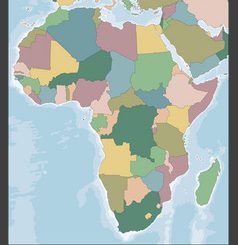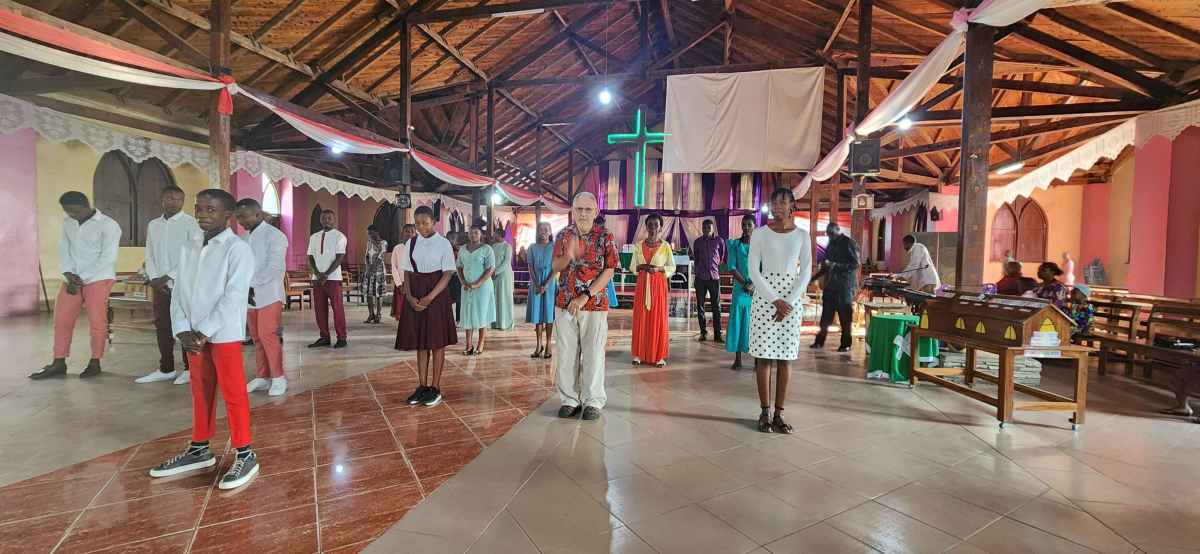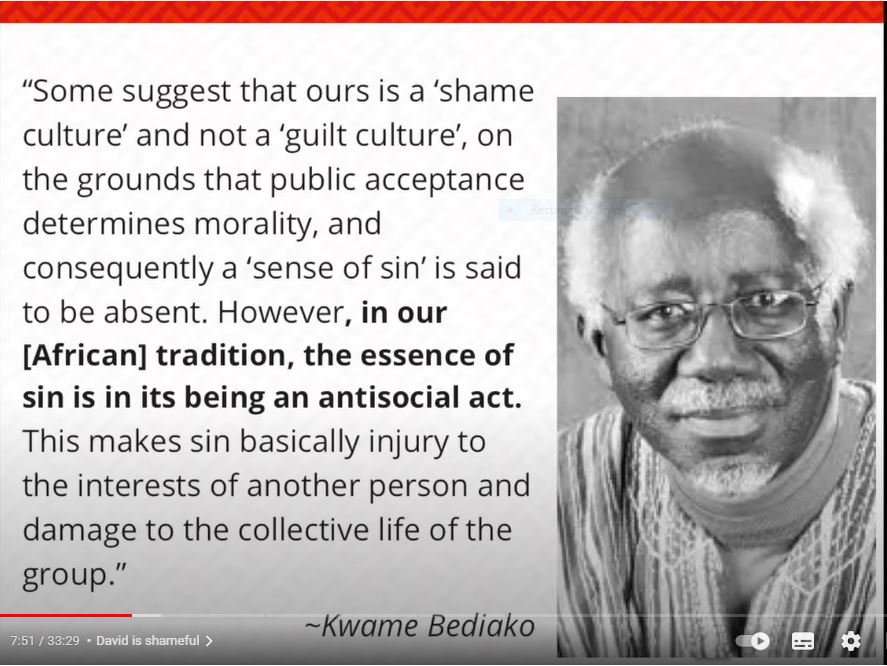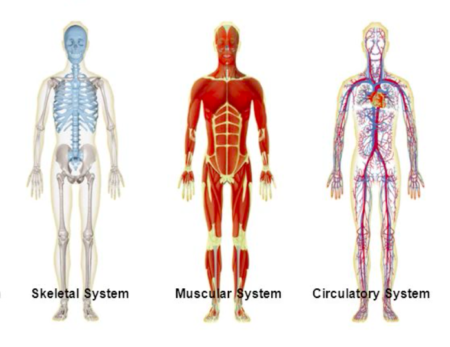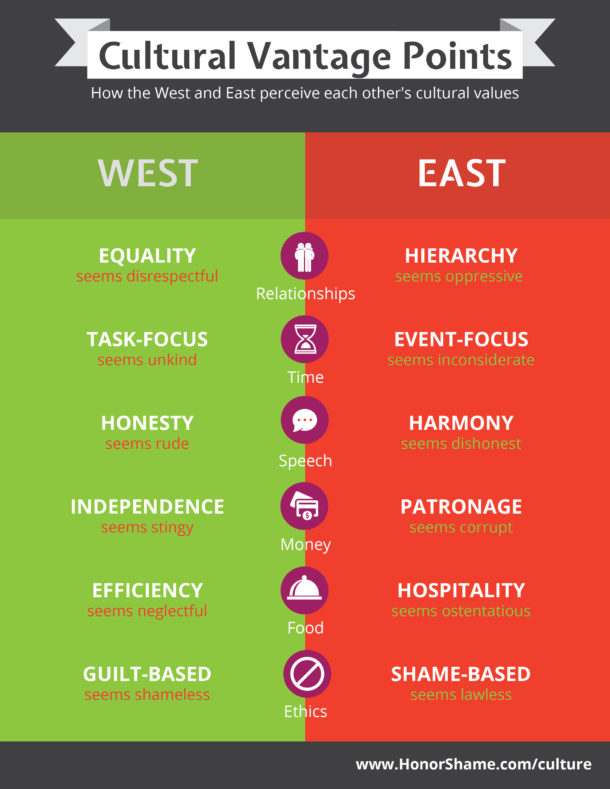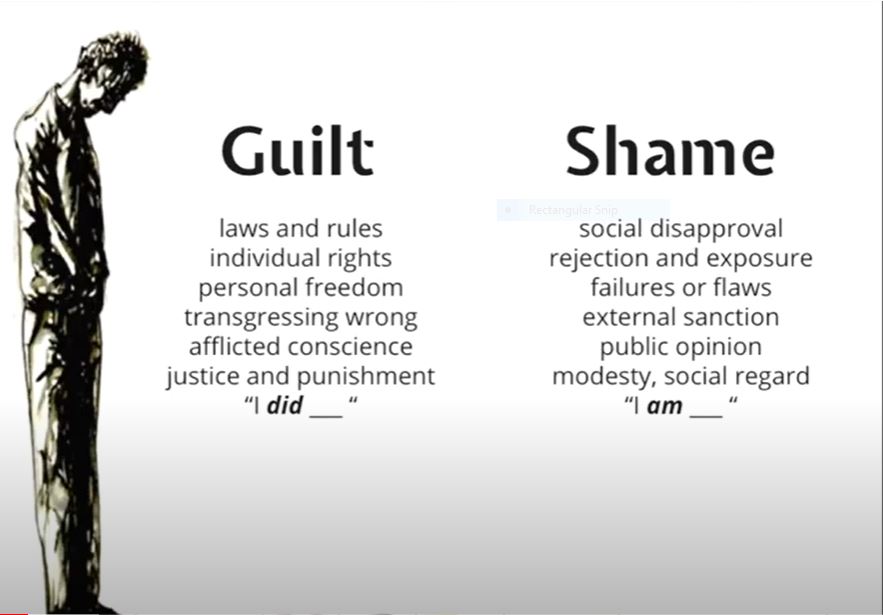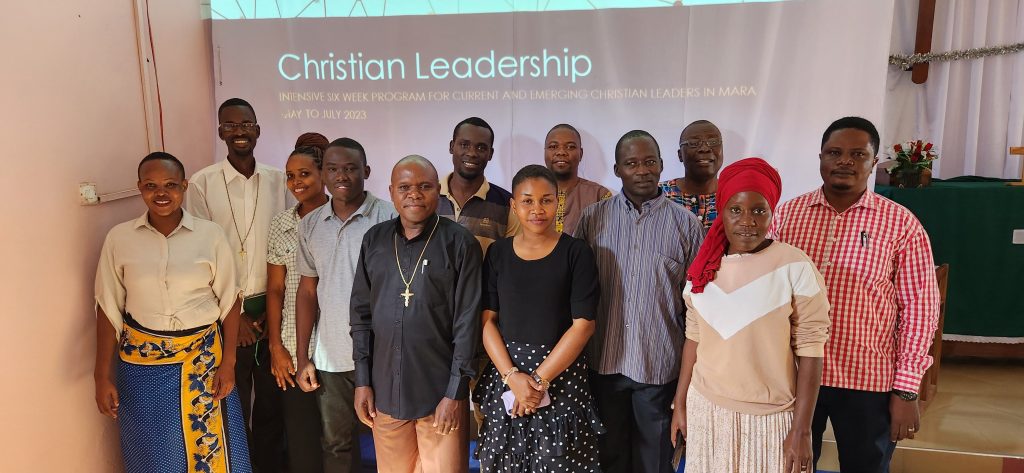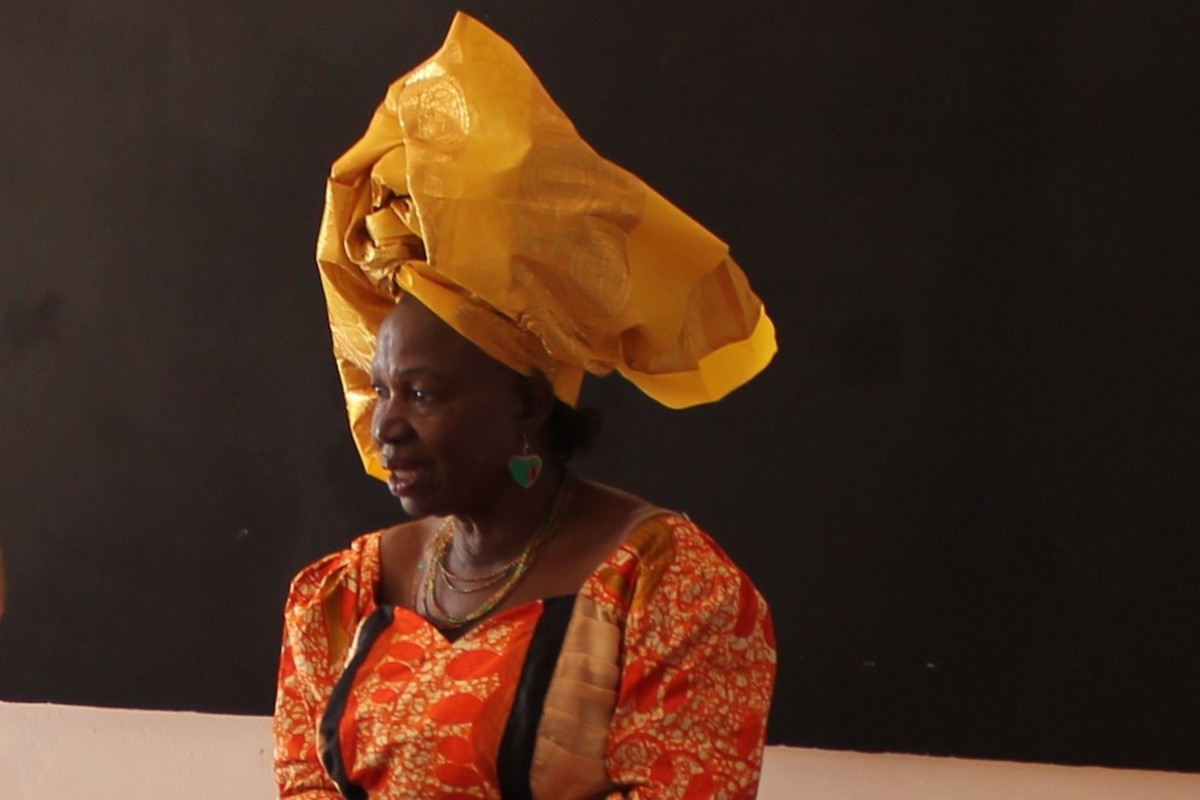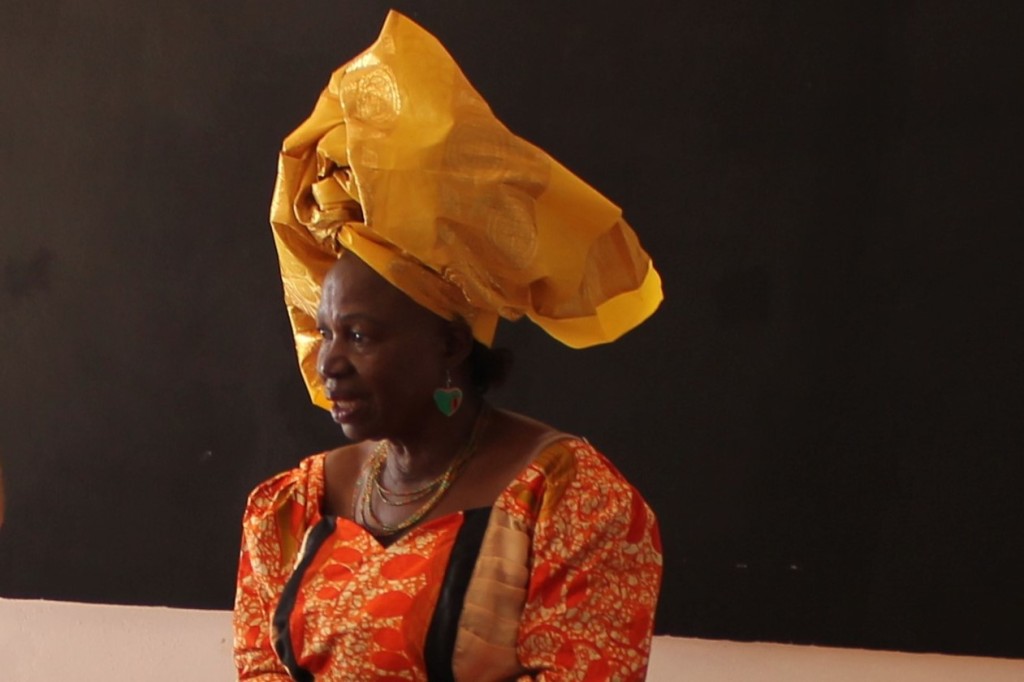Hey there, fellow music enthusiasts! Today, I want to share an inspiring story about a personal journey of acceptance, perseverance, and the power of finding your voice amidst adversity. I am a tone-deaf individual who has faced discrimination in Australia for my inability to hold a tune while singing in church. However, in 2023, during my volunteer work in Tanzania, I discovered a community that embraced me and my unique voice. My transformative experience is due to the Uamsho Gospel Choir at St John’s Anglican Church Musoma in Tanzania. This is the real deal as far as African Gospel music is concerned and the US African American Church choirs look pretty average compared to the enthusiasm that Africans bring to their music and dancing.
My passion for singing led me to try to participate in church choirs back in Australia. However, my tone-deafness became a constant source of discouragement. People urged me to sing quietly or not sing at all, making me feel as though my voice was unwelcome in the realm of music. This discrimination left me feeling disheartened, questioning my abilities.
A Serendipitous Encounter:
In 2023, I embarked on my second volunteer journey to Tanzania, a land known for its vibrant music and rich cultural heritage. Through fate’s gentle touch, I found myself joining the Uamsho Gospel Choir at St John’s Anglican Church in Musoma. This is one of about six choirs at this church. Even small village churches will have one or two choirs. It serves as an activity especially for young people – an alternative to Youth Groups. My first practice was on Saturday 1 July 2023 after a day facilitating a workshop and I was tired. But the vibrancy of the dancing and singing energised me. I was shocked to learn I would join next morning after one practice These guys can dance and have a natural rythm I lack. It is hard work as you will see.
As I nervously took my place among the talented singers, I was taken aback by the warmth and acceptance I received. Unlike my previous experiences, the choir members celebrated the joyful noise of their voices, irrespective of their tunefulness But they were excellent. My first time in the choir was on Sunday July 2 2023 and you can see me in the choir singing here.
Not only singing but dancing to support the experienced singers who sing while the rest of the choir does the choreography.
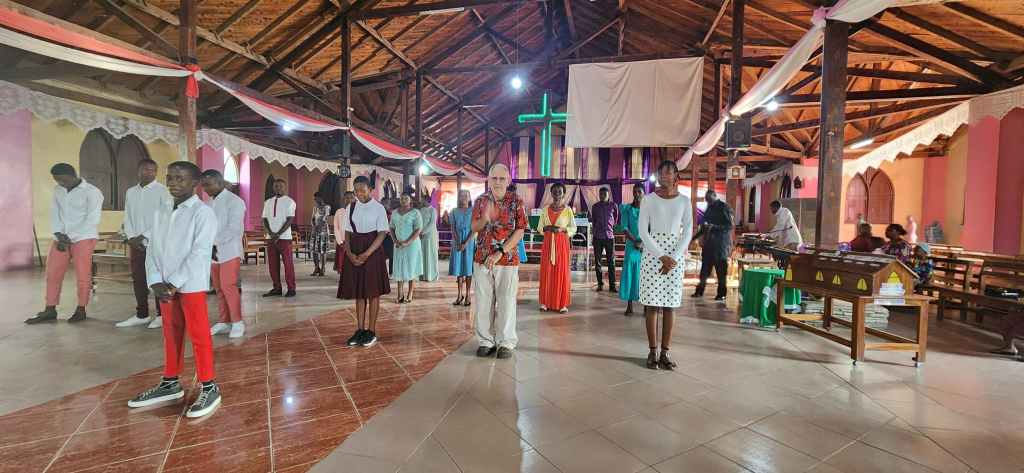
I quickly realized that the Tanzanian approach to music was rooted in the biblical notion of praising God with exuberance and authenticity. The Uamsho Gospel Choir understood that the essence of singing lies not in technical perfection but in the genuine expression of love, devotion, and worship. This revelation breathed new life into my musical journey, to embrace my unique voice wholeheartedly.
Psalm 98:4-6 – “Shout for joy to the LORD, all the earth, burst into jubilant song with music; make music to the LORD with the harp, with the harp and the sound of singing, with trumpets and the blast of the ram’s horn—shout for joy before the LORD, the King.” This passage reminds us that God values the joyful noise of our praise, emphasizing the importance of expressing our adoration without reservation. And here is an example of it from last year at a service I attended (WARNING if your idea of typical Anglican singing is choral music do not click)
Psalm 100:1-2 – “Shout for joy to the LORD, all the earth. Worship the LORD with gladness; come before him with joyful songs.” These verses highlight the significance of approaching worship with gladness and joyful songs, emphasizing that our worship should be rooted in authentic expression rather than technical perfection.
1 Samuel 16:7b – “The LORD does not look at the things people look at. People look at the outward appearance, but the LORD looks at the heart.” This verse speaks to the essence of acceptance and reminds us that God sees beyond external factors, embracing our heartfelt offerings of praise.
My journey from facing discrimination as a tone-deaf singer in Australia to finding acceptance in the Uamsho Gospel Choir in Tanzania is a testament to the transformative power of embracing one’s uniqueness. Through the biblical texts that support the notion of a joyful noise, I have discovered that my voice, though different, had the power to uplift and connect with others in worship. My experience teaches us the importance of creating inclusive spaces in our communities and valuing the genuine expressions of love and devotion, regardless of their technical perfection.
Remember, dear readers, let us celebrate the diverse voices among us, for it is in the joyful noise that we find unity, acceptance, and a profound connection with the divine. Sing your heart out, embrace your uniqueness, and let your joyful noise resound.
Keep making a joyful noise!
HT to Chat GPT for your assistance.
| M | T | W | T | F | S | S |
|---|---|---|---|---|---|---|
| 1 | 2 | 3 | 4 | 5 | ||
| 6 | 7 | 8 | 9 | 10 | 11 | 12 |
| 13 | 14 | 15 | 16 | 17 | 18 | 19 |
| 20 | 21 | 22 | 23 | 24 | 25 | 26 |
| 27 | 28 | 29 | 30 | 31 | ||
